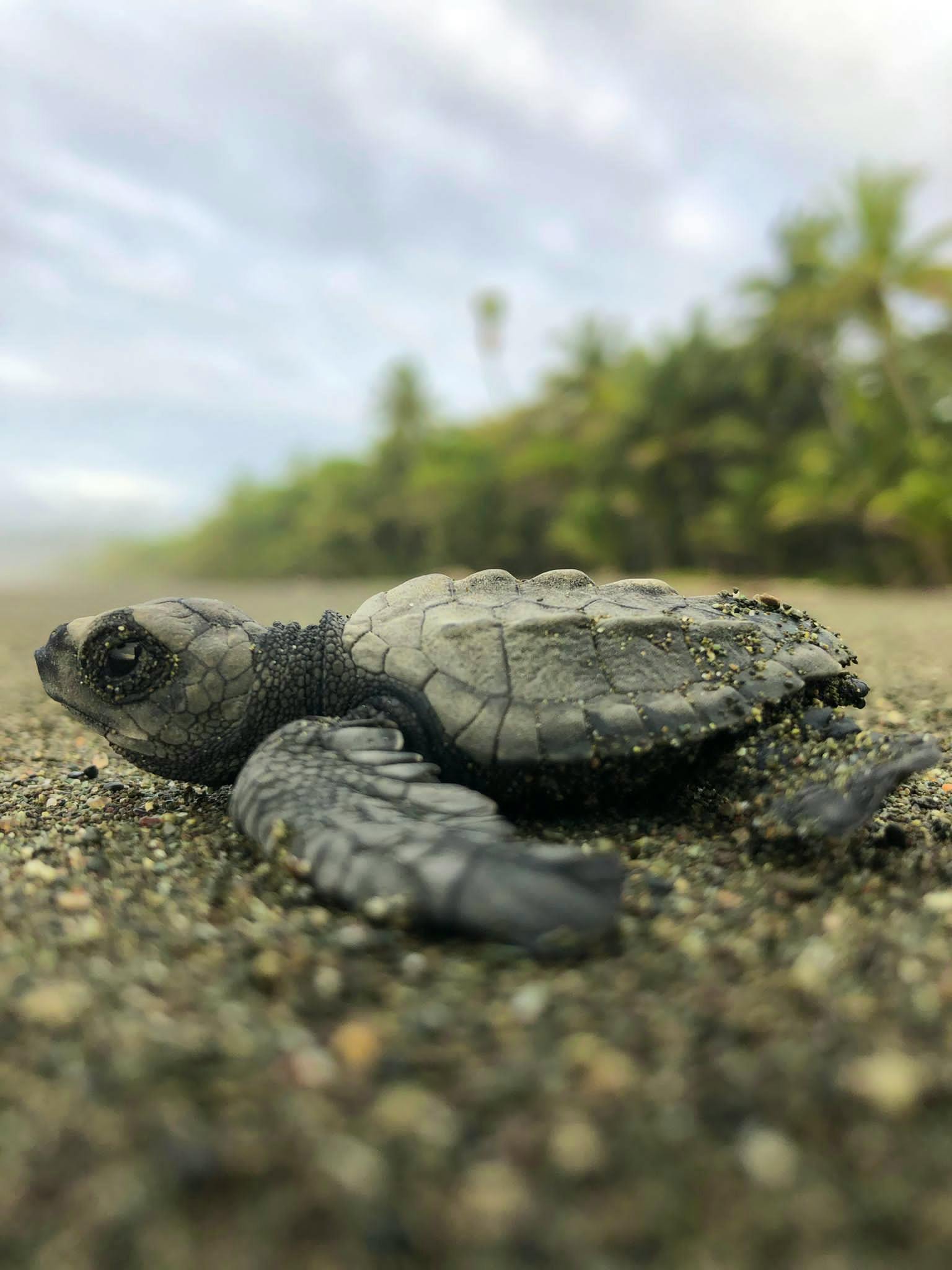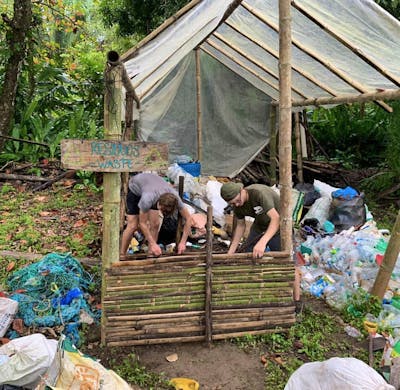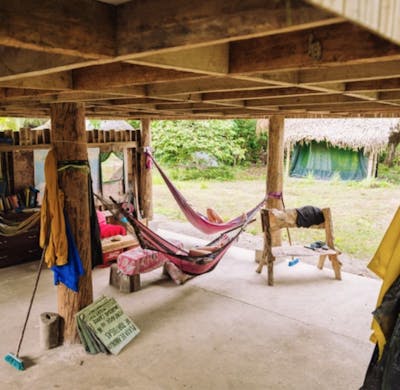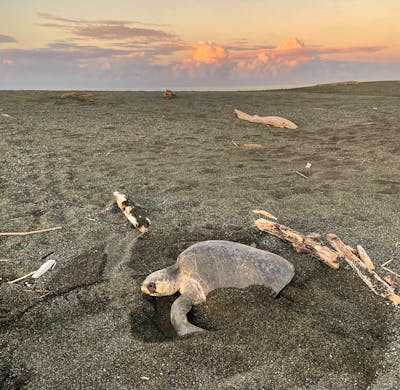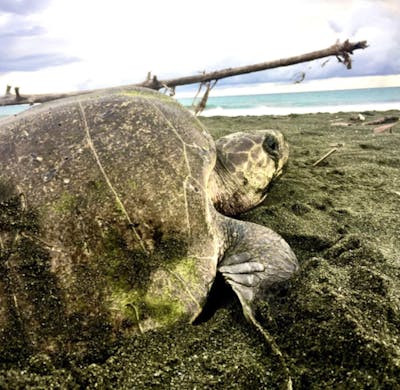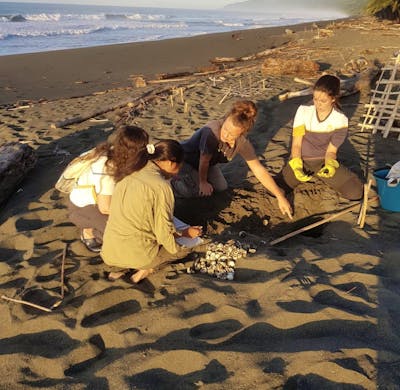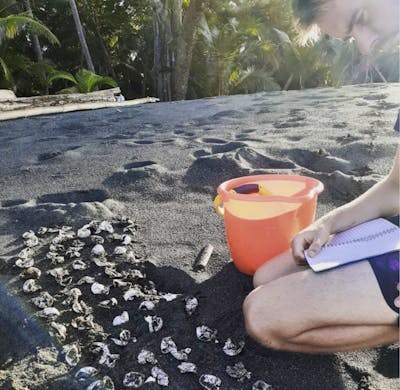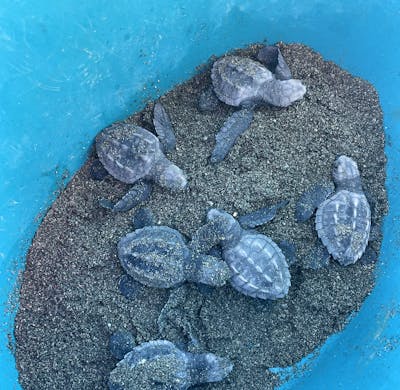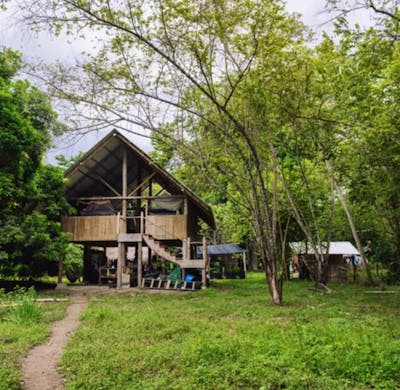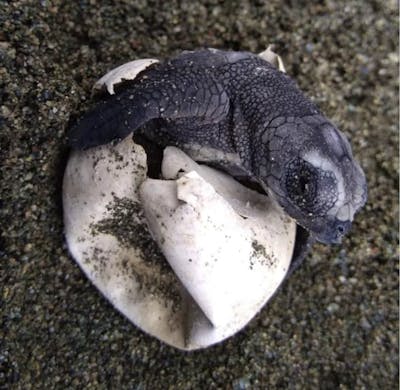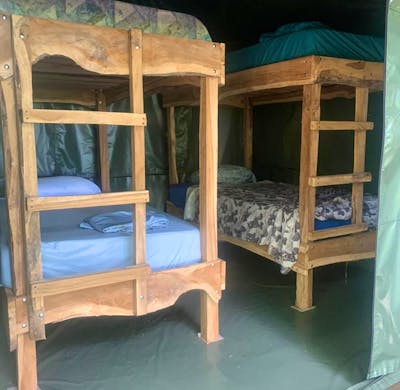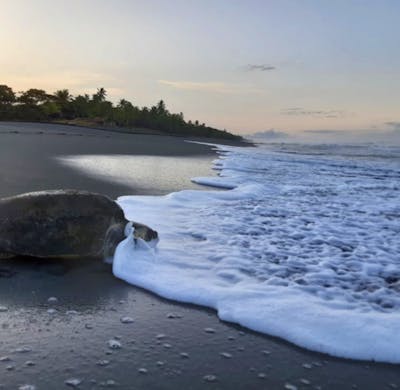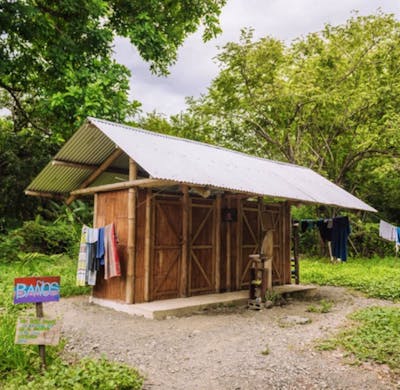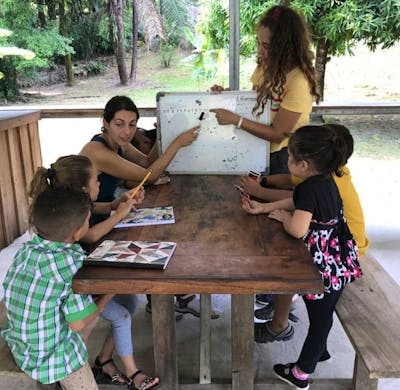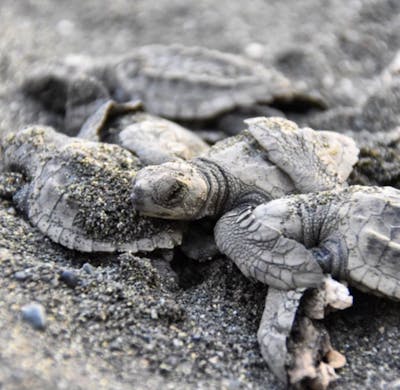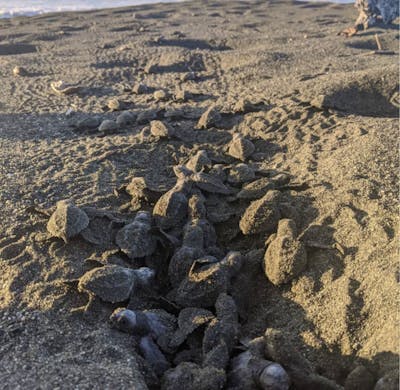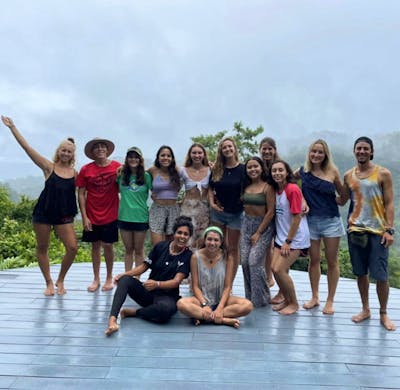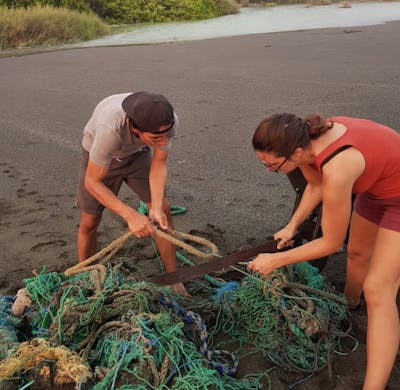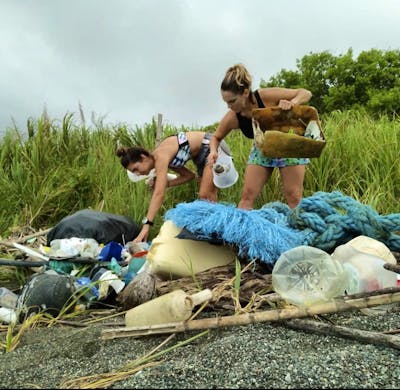The Location
Our community focused turtle conservation project is located on the incredible Osa Peninsular, Costa Rica. Home to an incredible amount of biodiversity the peninsular is also home to communities trying to make a living in this isolated area. Unfortunately, this often leads to illegal activities such as gold mining or poaching. This is why we strive to improve the employability skills and options for our local community by providing training and employment as much as we can.
About the Program
COPROT is a fairly new project, founded in 2018 to protect the sea turtles and support the community in our area. We require driven and
innovative individuals that are looking to make a real impact in a developing
rural area in Costa Rica. You must be able to live in minimal conditions and
survive off of a mostly vegetarian diet while on camp.
Who can join us
Volunteers require no previous experience and all are
encouraged to apply. We are looking for volunteers who are excited to collect
data on nesting female turtles during morning or night patrols, teach and plan
English lessons for our local people, take part in hatchling release days,
learn how to garden, and are keen to be more involved with nature.
What you'll be doing
As a volunteer, you will participate in daily turtle patrols,
morning patrols (3-5 hrs) or night patrols (4-7 hrs). On the patrols you will
protect new nests, record data on the nesting female, excavate hatched nests,
assist in the tourism element and release hatchlings! Our beaches are some of the most important in the region with almost 7,000 sea turtle nests each year. We strive to collect as much data and protect as many of these nests as possible.
If you are looking for a project that will give you the chance to experience one of the most biodiverse places on earth, encounter and protect sea turtles everyday and get involved in the local community, then COPROT is the project for you!
Sea turtle
monitoring can be quite physically demanding (lots of walking on soft sand),
and in order for us to be able to collect the best data possible we are also
mainly working during early mornings and late nights. This is awesome though,
as the night sky is like no other, and we can never get tired of sunrises over
pristine beaches...
We expect
volunteers to support on the beaches as much as possible, and collaborate in
other environmental activities that we may be conducting during the day. This
is not a vacation location, it's a conservation station!!
We are also a
POSITIVE VIBES ORGANIZATION :D which means that we expect everyone to bring the
best version of themselves, and treat everyone on the project and in the
community with love and respect.
Kit List 2023/24
The items listed below are suggested for you to bring with you to Costa Rica during your stay with us. Please keep
in mind that the Osa Peninsula is hot and humid even during the rainy season, so choose light, quick-drying
materials where possible. We are also based on a rustic camp where our wastewater goes directly into the
environment, so please consider carefully what products you bring with you (must be environmentally friendly
and biodegradable wherever possible!!). We are promoting sustainability and eventually want to have our camp
as a completely zero waste environment, therefore as little packaging, and plastic as possible would be greatly
appreciated. Additionally, we ask that you take any personal waste with you when you leave (old batteries, aerosol
cans, dead electronics etc.) as this is one of the hardest places on the planet to dispose of waste!
General Kit List (Essential)
- Small backpack (for turtle patrols/day bag, preferably a dry bag backpack)
- Drybag (especially important in wet season, can be a smaller size to keep your electronics in if you already have a dry bag backpack)
- Hat and sunglasses
- Water bottle (at least 1L capacity)
- Wash kit:
- Toothbrush (2), toothpaste, hairbrush
- Tweezers, small scissors, nail file
- Sanitary products (a menstrual cup/reusable pads are preferred to reduce waste)
- Talc powder (very important to keep your feet dry during rainy season)
- Antibacterial soap, shampoo/conditioner, deodorant (all shampoos/soaps etc. must be fully biodegradable)
- Natural insect repellent (must be DEET-free)
- Suncream (factor 50+), after sun/moisturizer, aloe vera/coconut oil (both very useful as after sun, for
- mosquito/sandfly bites)
- Headtorch WITH RED LIGHT FUNCTION (in all night patrol work we use red light only, rechargeable’s preferred and if you are staying for a long period, it’s a good idea to bring a spare) and its batteries
- Waterproof wristwatch
- Medical kit (highly recommended if you are staying for 1+ months):
- Antiseptic spray/wipes or iodine, pack of plasters, rubbing alcohol (for any wounds), oxygen water
- Antihistamine tablets and cream (for allergies, mosquito bites),
- Antifungal cream (for athlete’s foot etc.)
- Rehydration salts, ibuprofen/paracetamol
- Antibiotics, antibiotic cream (staph infections on your skin are very common)
- Travel documents (passport, copy of medical insurance, personal medication information, vaccine card)
General Kit List (Recommended / Optional)
- Cell phone and charger (ideally that is unblocked for Costa Rican SIM card)
- Two pairs of earbuds
- Back-up charging device/solar charger (charging may not always be available, so good to have an extra
battery device for charging phones etc.)
- Correct adaptors/chargers (ones with multiple USB sockets are very useful)
- Laptop (helpful for independent work; conducting research, making presentations, entering data etc.)
- Sleeping bag liner – note this is liner, not the whole sleeping bag.
- Penknife
- Sewing kit
- Beach towel
Clothing List (Essential)
- (3+) Long dark pants (for night patrol)
- (3+) Dark long-sleeved tops (for night patrols)
- (5+) Long socks
- (2+) Hiking socks
- (3+) Lightweight shorts
- (4+) T-shirts/tank tops
- (2+) Lightweight long sleeved shirts
- (1+) Pair of waterproof sandals/shoes (Crocs style or similar are perfect!)
- (1+) Lightweight raincoat
- (3+) Quick drying towel (for your body, your hair and your feet are recommended)
- (1) Beach towel
- (7+) Underwear
- (2+) Swimsuit
- (1+) Long lightweight pajama (for the mosquitos at night)
This list will depend on how long you are staying with us. Shorter stays may not need as much as this, longer stays may need more.
Clothing List (Recommended)
- Wide brimmed hat
- Hiking boots/rubber boots (if you want to go walking on the trails or in the National Park)
- Any casual clothing/evening wear/sports clothes for free time, trips/tours and fiestas!
Optional Extras
- Hammock (lots of great trees to swing in!)
- Books/Kindle
- Playing cards/group games
- Camera
- Downloaded films, music, and TV shows!
- Favorite snacks from home! You can buy snacks in Puerto Jimenez before arriving, the largest supermarket is called BM. Make sure all your snacks can be closed as the kitchen is open and insects can get into your food (the fridge is currently not working, and it can be very hot and humid, so keep that in mind when choosing what to bring!)
- Seasoning, spices, drinks etc – you may want to bring some additional flavors to throw on your camp food or bring some special teas or coffees that will keep you going on camp!
Remember that you can wash your clothes here (although we don’t have washing machine and you’ll have to
wash it by hand).
Remember to check the baggage allowance with your airline before flying, both international and domestic flights
(domestic flights tend to have a much lower allowance and extra baggage costs will vary). Also, some credit cards
do not work with the atm in Puerto Jimenez for withdrawing money, so it is recommended to withdraw cash
(colones or American dollars) before arriving.
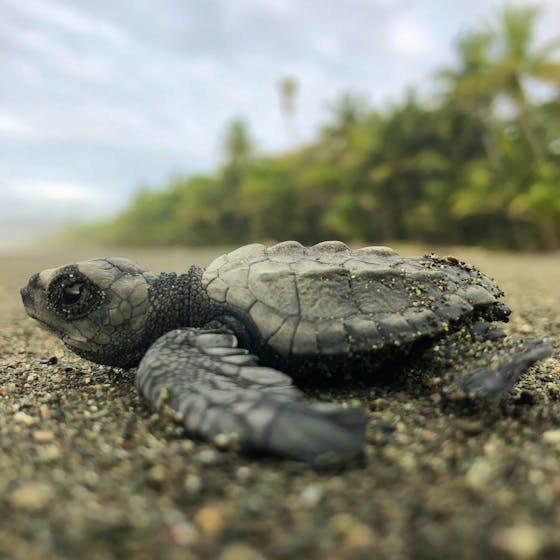
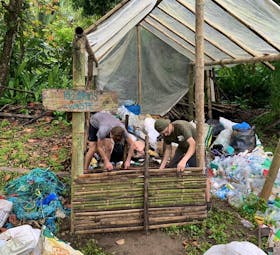
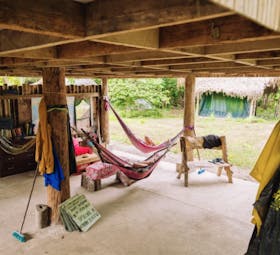

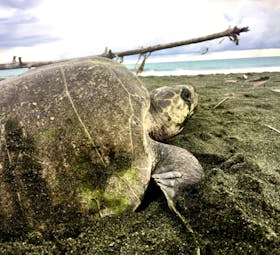
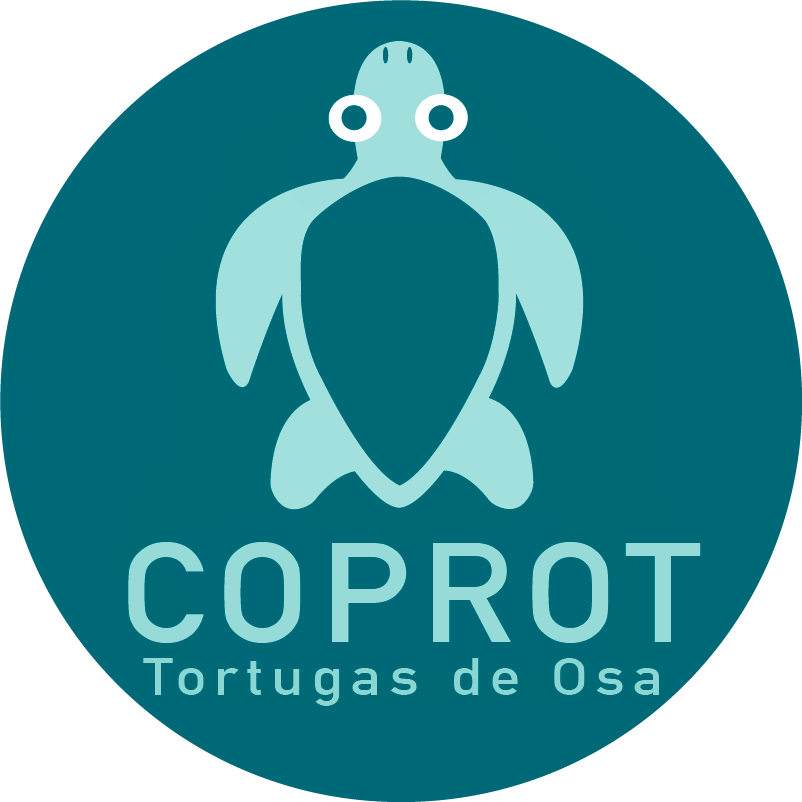
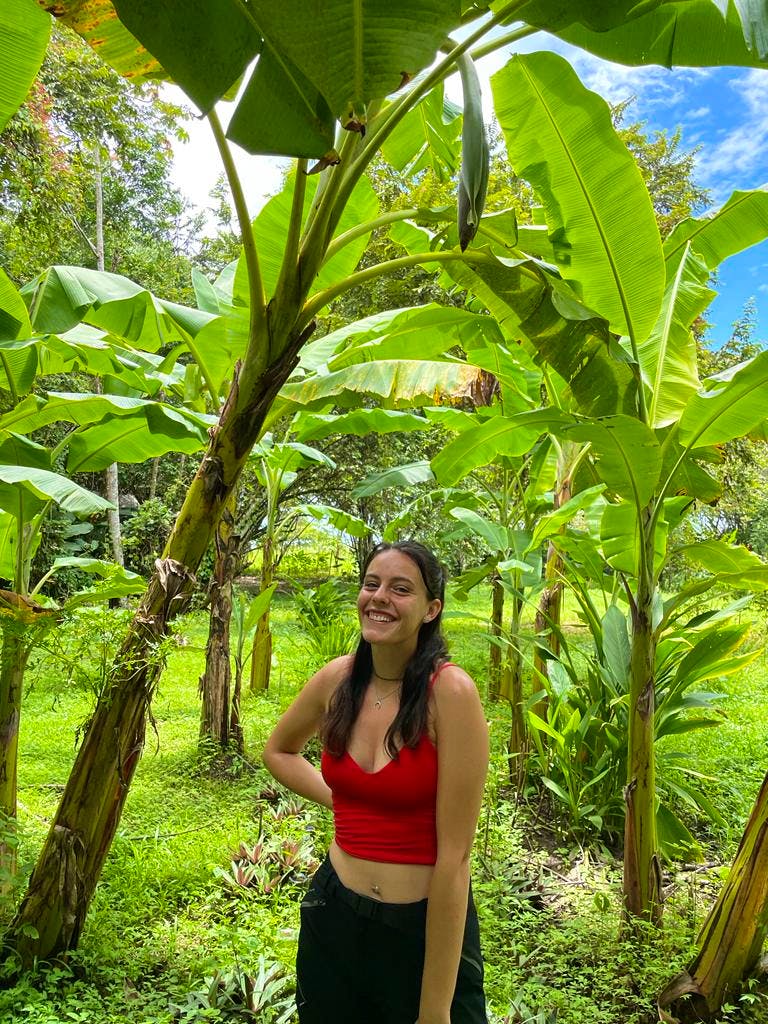
 4.7
4.7

